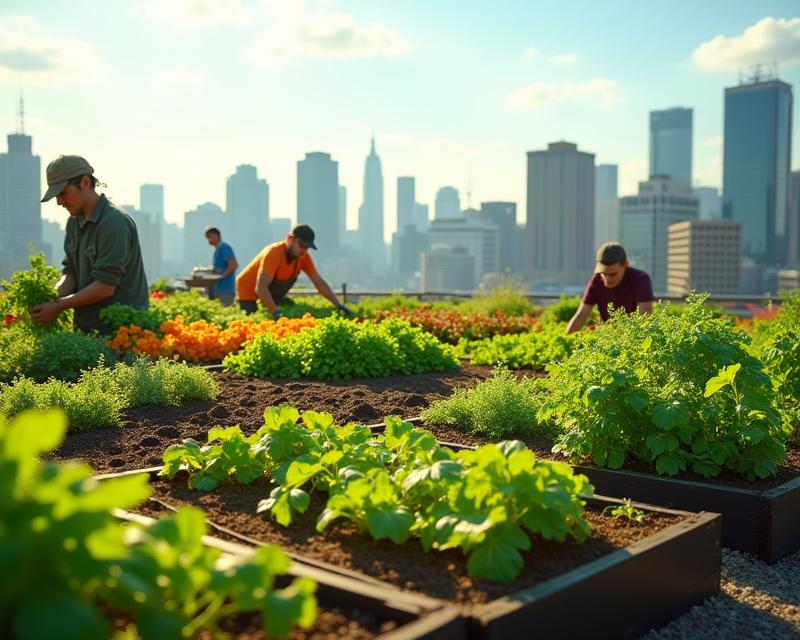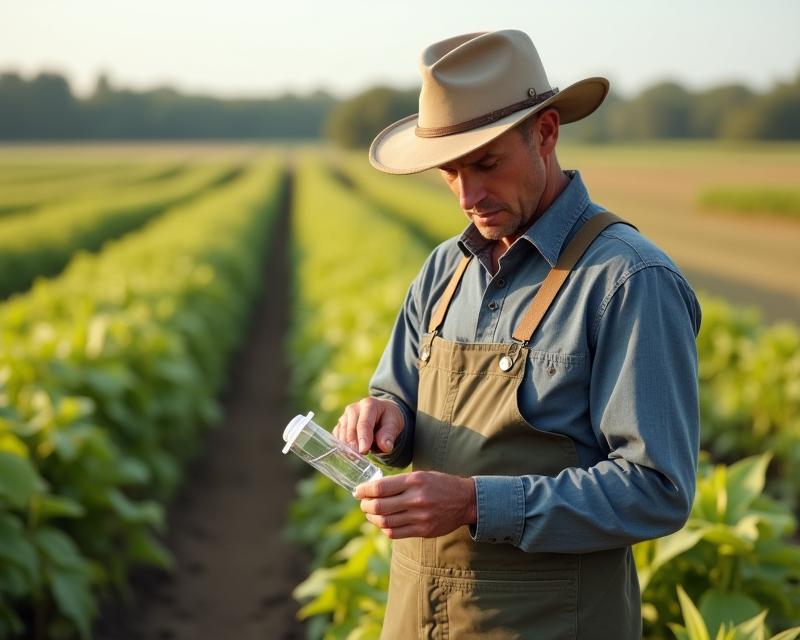Urban Farms: Feeding the Future
Publish in Agriculture el 28/06/2025 22:14
Urban Farms: Feeding the Future
The way we produce and consume food is undergoing a dramatic shift. Increasing urbanization, concerns about food security, and a growing desire for locally sourced produce are fueling the rise of urban farming. No longer confined to rural landscapes, farms are popping up in unexpected places – rooftops, vacant lots, community gardens, and even indoor spaces. This trend isn't just a fleeting fad; it represents a fundamental change in how we think about food systems and their role in our communities.

What is Urban Farming?
Urban farming encompasses a wide range of agricultural practices within city limits. It can include everything from small-scale community gardens where residents grow their own food, to large-scale commercial operations utilizing innovative techniques like vertical farming. The goals are diverse: to increase access to fresh, healthy food, reduce the environmental impact of food transportation, create green spaces, and foster community engagement. Urban farms often utilize techniques like hydroponics, aquaponics, and composting to maximize yields in limited spaces.
Benefits of Urban Farming
The advantages of urban farming are numerous. Firstly, it improves food security by providing a local source of fresh produce, particularly in underserved communities. Secondly, it reduces the carbon footprint associated with long-distance food transportation. Thirdly, urban farms contribute to environmental sustainability by promoting biodiversity, reducing stormwater runoff, and improving air quality. Beyond the environmental and economic benefits, urban farms create opportunities for education, job training, and community building, fostering a stronger connection between people and their food.
Challenges and the Future
While the potential of urban farming is immense, it also faces challenges. These include securing land access, navigating zoning regulations, managing soil contamination, and ensuring economic viability. However, innovative solutions are emerging. Government support, public-private partnerships, and advancements in agricultural technology are helping to overcome these hurdles. As cities continue to grow, urban farming is poised to play an increasingly vital role in creating more resilient, sustainable, and equitable food systems. The future of food is looking greener, and it's happening right in our cities.





